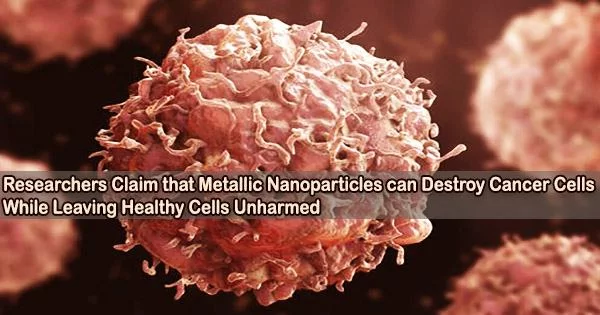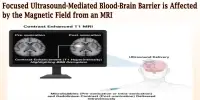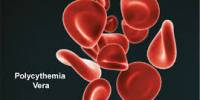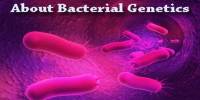According to Middle Eastern researchers, metallic nanoparticles comprised of copper and silver can kill cancer cells with little to no side effects. A study published in Advanced Biology showed that the metallic particles “were significantly toxic to cancer cells, while having no significant toxicity on healthy cells,” according to Prof. Yousef Haik of the University of Sharjah.
Chemotherapy medications are a mainstay of cancer treatment, but their insufficient tumor specificity, body resistance, and other side effects, which can occasionally be fatal, have led researchers to look for alternatives.
Inorganic nanoparticles are the foundation of this current alternative innovative treatment. The procedure has the potential to function as a brand-new anticancer drug that might get past the typical body resistance that comes with drugs that target body tissues.
The global burden of cancer is great, with 18.1 million new cancers cases and 9.6 million associated deaths reported in 2018.
According to medical studies, the toxicity concerns associated with giving chemotherapy as part of treatment are largely to blame for the high mortality rate, which is particularly high in older persons. According to a British investigation, 27% of the time, giving chemotherapy to critically ill cancer patients resulted in or hastened death.
Radiation, commonly referred to as radiation, can harm healthy cells in addition to killing or slowing the growth of cancerous ones. A research study, carried out by the Journal of the American Heart Association, shows that 292,102 (13.19%) out of 2, 214,994 cancer patients died due to the side effects of radiotherapy.
Spurred by their reduced toxicity, lack of stability, retention effect and precise targeting, scientist is investigating the use of metallic nanoparticles for the treatment of cancer.
However, research by Prof. Haik and colleagues stands out for its novel technique of getting nanoparticles into exosomes while forming inside a cell.
If the finding is applied as treatment, the novel drug will damage cancerous cells, leaving no harmful effects on the surrounding healthy tissues. Drug carriers decorated with antibodies are used to improve tumor targeting, however, their immunogenicity, large size, cost and lack of well-defined surface receptors limits their application.
Professor Yousef Haik
“To ensure metallic nanoparticles directly target cancerous cells, the particles are fed into healthy cells of the same tissue origin as the cancer,” said Prof. Haik.
He added that the particles then get internalized into exosomes “through a biogenesis process and shed outside the cells as drug loaded vesicles.”
Exosomes, which resemble little sacs and are created inside of cells, are primarily responsible for facilitating communication between cells and organs.
“Exosomes derived from healthy cells tend to preferentially accumulate in tumor cells of the same tissue origin by 10 folds more than any other cells due to composition matching between these exosomes and these cells,” Prof. Haik stressed.
Prof. Haik co-authored the study with colleagues from Qatar’s Hamad Bin Khalifa University. Their research is distinctive in that it targets and destroys malignant cells utilizing exosomes from healthy cells that have been fed metallic nanoparticles.
“If the finding is applied as treatment, the novel drug will damage cancerous cells, leaving no harmful effects on the surrounding healthy tissues,”
“Drug carriers decorated with antibodies are used to improve tumor targeting, however, their immunogenicity, large size, cost and lack of well-defined surface receptors limits their application,” Prof. Haik said.
The study provided a fresh and significant platform for a “complimentary anticancer drug and a smart delivery vesicle,” which Prof. Haik, described as “a foundational resource for the emerging field of nanoengineering and medicine.”
“Silver and copper nanoparticles have shown to preferentially kill cancer cells at a low concentration without any effect on healthy cells within the therapeutic dose.”
A metallic nanoparticle-based medicine could change the science of pharmacology, according to the researchers’ discovery that malignant cells can be killed by metallic nanoparticles with little adverse effects.
“Our treatment is based on administering silver-copper nanoparticles that kill cancer cells, but leave surrounding healthy cells intact,” said Prof. Haik.
Prof. Haik said he and his colleagues needed further investigations before their findings reached the clinical stage. “However, our study demonstrated the feasibility of producing novel drug carriers from healthy cells,” he noted.
















